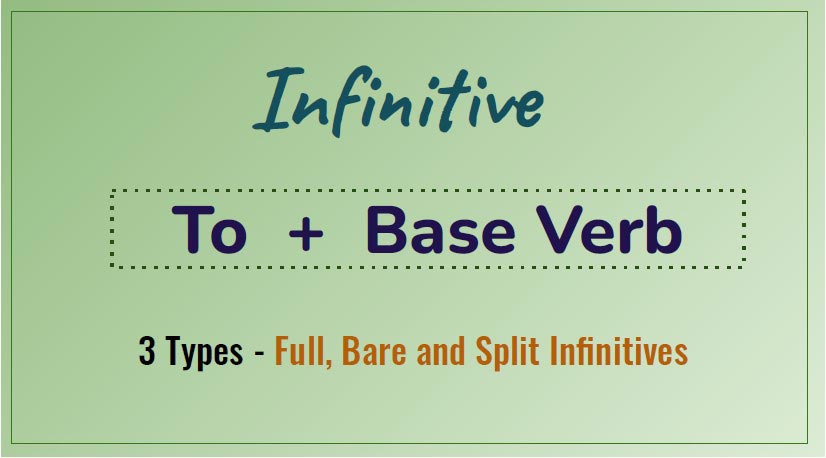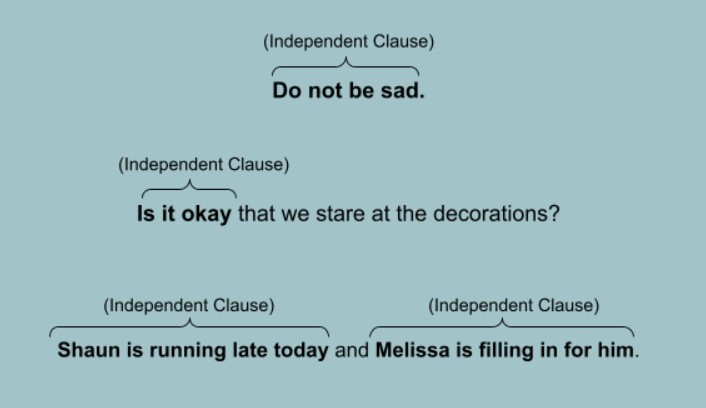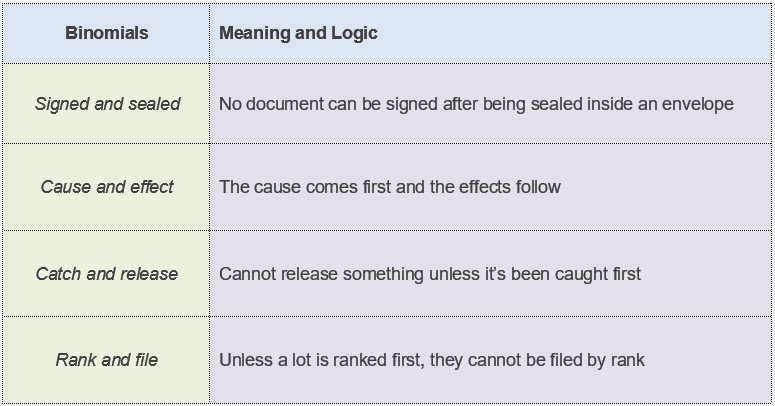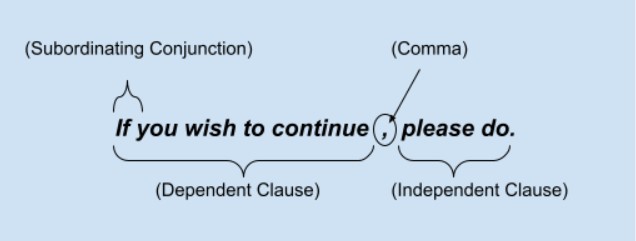Dangling Modifiers: Definition & Examples
The word "dangling" refers to hanging or swinging loosely. And "modifier" stands for a person or thing that makes partial or minor changes to something. So a dangling modifier is a modifier (word or phrase that modifies) which makes the meaning of a sentence to swing (incomplete).
According to English Grammar, a dangling modifier is a word or phrase that modifies a word not clearly stated in the sentence. In other words, if a modifier (word or phrase) modifies (changes the meaning) different word rather than the targeted one, it will be called dangling modifier.
If the modifier of a sentence doesn’t modify the correct Noun or Pronoun, then the meaning of the sentence can be changed.
Example:
Incorrect: Hearing the good news, happiness was mine.
Or Hearing the good news, happy I was.
The modifier of this sentence should modify the word ‘I’ rather than ‘happy’ or ‘happiness’ as hearing is done by the person (I).
Correct: Hearing the good news, I was happy.
There are some particular grammatical structures or phrases or clauses in which dangling modifiers occur. Such as:
1. Present Participle or Participle Phrase
Incorrect: Entering the room, the light was off.
The subject of this sentence indicates that ‘the light’ is entering the room which is not correct.
Correct: Entering the room, I found the light off.
More Example:
| Incorrect: Walking in the park, a snake bit him. Correct: Walking in the park, he was bitten by a snake. |
| Incorrect: Walking through the forest, the moon appeared like a luminous ball. Correct: Walking through the forest, the traveler saw the moon above the trees. |
| Incorrect: Crossing the street, a car almost struck us. Correct: As we crossed the street, a car almost struck us. |
| Incorrect: Flying out the window, he grabbed the papers. Correct: Flying out the window, the papers were grabbed by him. |
| Incorrect: Plunging into the water, the drowning child was rescued. Correct: Plunging into the water, he rescued the drowning child. |
| Incorrect: Not looking where he was going, a car hit him. Correct: Not looking where he was going, he was hit by a car. |
| Incorrect: Knowing little algebra, solving the problem was difficult. Correct: Knowing little algebra, I found it difficult to solve the problem. |
2. Past Participle or Past Participle Phrase
Incorrect: Tired and exhausted, a nap was taken by the passer-by.
Correct: Tired and exhausted, the passer-by took a nap.
Incorrect: Worn out by a long walk, she fainted.
Correct: As she worn out by a long walk, she fainted.
3. Perfect Participle (having+v3)/ (having been +v3)
Incorrect: Having arrived late for practice, a written excuse was needed.
Correct: Having arrived late for practice, the team captain needed a written excuse.
Incorrect: Having been served lunch, the problem was discussed by the members of the committee.
Correct: Having been served lunch, the committee members discussed the problem.
4. Adjective Phrase
Incorrect: Young and inexperienced, the task seemed easy to me.
Correct: Young and inexperienced, I thought the task easy.
Incorrect: Old and pervert, fourth marriage seemed not to criticize to him.
Correct: Old and pervert, he didn’t think the fourth marriage to be criticizing.
5. Reduced Adverbial Clause:
Incorrect: While walking in the garden, her leg was broken.
Correct: While she was walking in the garden, she broke her leg.
Incorrect: While going to class, a dog bit me.
Correct: While going to class, I was bitten by a dog.
Incorrect: While biking home before the storm, an accident had occurred to Jahan.
Correct: While biking home before the storm, Jahan had an accident.
More examples:
| Incorrect: After jumping off a boat, a shark bites the man. Correct: After jumping off a boat, the man was bitten by a shark. |
| Incorrect: Unlike most birds, there are no feathers on vultures’ heads and necks. Correct: Unlike most birds, vultures do not have feathers on their heads and necks. |
| Incorrect: Being in haste, the door was left open. Correct: Being in haste, she left the door open. |
| Incorrect: Smaller and flatter than an orange, it’s easy to peel a tangerine and to separate its sections. Correct: Smaller and flatter than an orange, a tangerine is easy to peel and its sections separate readily. |
| Incorrect: Similar to the floppy disk, data is stored in the hard disk in sectors. Correct: Similar to the floppy disk, the hard disk stores data in sectors. |
Grammar
Read More
- How to Use "Therefore" in Sentences Avoiding Common Mistakes
- How to Use "Whereas" with Examples and Avoid Common Mistakes
- When and How to Use "Thus" Correctly Without Common Mistakes
- How to Use "On the Contrary" Properly with Meaning and Examples
- When and How to Use "Either/Or" with Examples and Common Mistakes to Avoid
- How to Use "On the Other Hand" Effectively without Mistakes
- How to Use "Respectively" with Example and Common Errors to Avoid
- How and When to Use "Moreover" Without Mistakes
- How to Use "Likewise" in Sentences Based on Context & When not to Use
- When & How to Use "Although" in Sentences to Avoid Mistake




